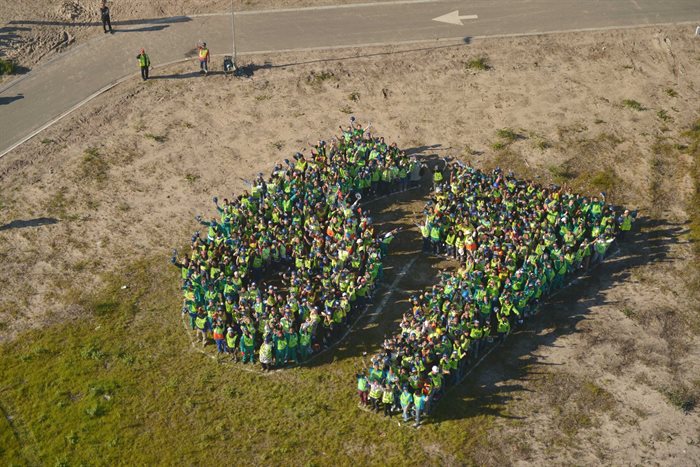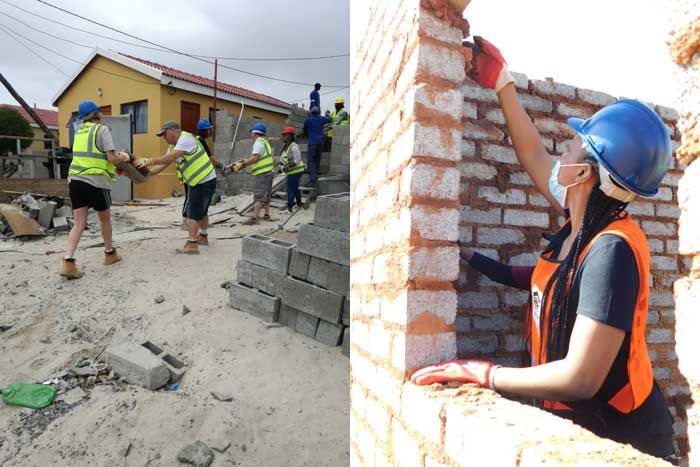
Related
Top stories






More news


Marketing & Media
Ads are coming to AI. Does that really have to be such a bad thing?














Supported by the Department of Human Settlements, Water and Sanitation, volunteers will work alongside communities to build sustainable housing as part of a worldwide effort to eliminate shelter poverty.
“Special focus will be given to rebuilding homes damaged or destroyed during the flooding in KwaZulu-Natal in April,” says Cyrus Watuku, interim executive director for Habitat for Humanity in South Africa.
“In the short term, we are aiming to restore the most critical basic necessities and the dignity of those affected, while in the longer term we will be working on fully restoring or replacing the damaged houses.
“Adequate and affordable housing is an important component of the United Nations 2030 Agenda for Sustainable Development and an essential driver for achieving many of the United Nations Sustainable Development Goals (SDGs). Housing is a basic human need and having a safe, decent and sustainable house is the first step on the ladder out of poverty for low-income families.”

During the upcoming #BuildForMadiba Season, volunteers will have the opportunity to participate directly in the transformative experience of creating safe spaces for people to live and thrive in. This hands-on involvement is often described as life-changing for both beneficiaries and participants.
“The provision of access to affordable housing not only addresses the fundamental human need for shelter, it also addresses other critically important and innate human needs such as the need for dignity and hope,” says Kgotla Bantsi, chairman of Habitat for Humanity in South Africa.
“Our build events play a significant role in contributing towards the fulfilment of these life-enhancing needs. They also contribute in a significant way to enhancing social cohesion in the communities that we work with.”
The #BuildForMadiba Season offers an important way for volunteers from various backgrounds to participate in the experience of building homes for – and interacting directly with – low-income beneficiaries and the broader community. In particular, it provides a transformational team-building opportunity for corporates, enabling teams to engage directly with homeowners and their communities and to forge lasting relationships.
“This is social responsibility in action,” says Watuku, “offering volunteers the opportunity to understand and participate in community development from the ground up.”
Up to 10 volunteers are allocated to each site per day and up to 50 people from a sponsor company can volunteer for the programme. The foundations are laid prior to the start of the season and, over the five-day participation period, volunteers work with qualified construction personnel to put basic structures into place, building the external and interior walls up to the roof plate. Construction of each house takes four to six weeks from site clearing to occupation, and each family receives a 40m2 house with two bedrooms and a lounge, kitchen and bathroom.
Corporate sponsorships are intended to cover the full cost of construction, including the #BuildForMadiba experience for up to 50 employees per site; skills development and employment for local community members (crew leaders and logistics personnel are recruited from the community to assist with various tasks throughout the week); PPE and safety equipment; tools and materials; catering for volunteers, homeowners and builders; event equipment hire; and Habitat for Humanity South Africa project management services.
For more information, click here.